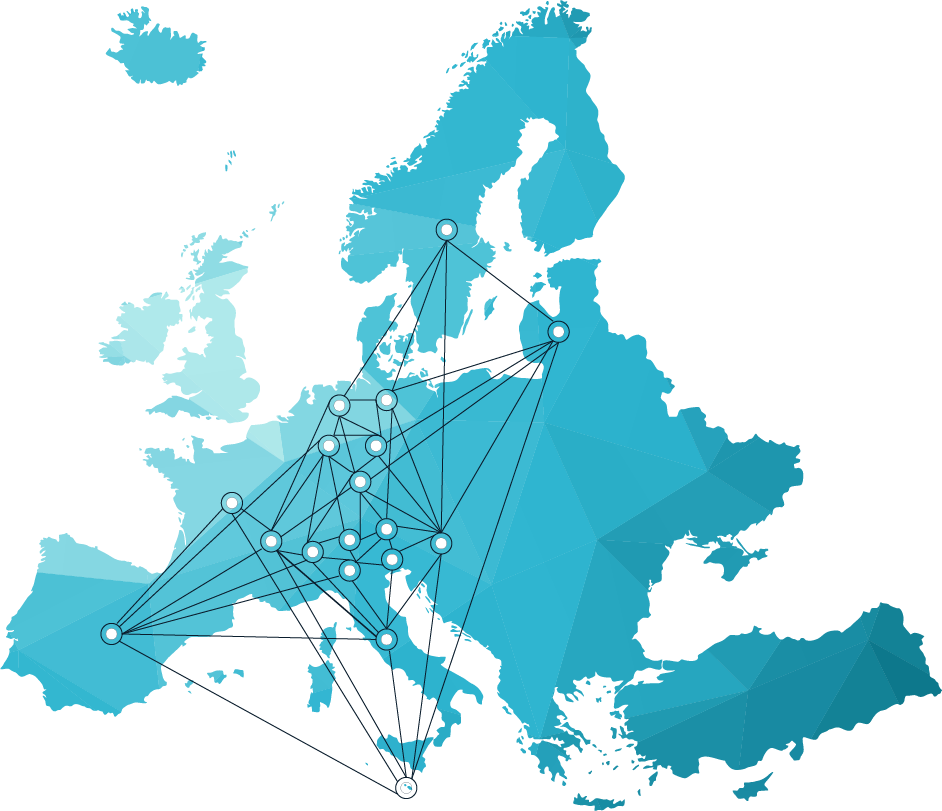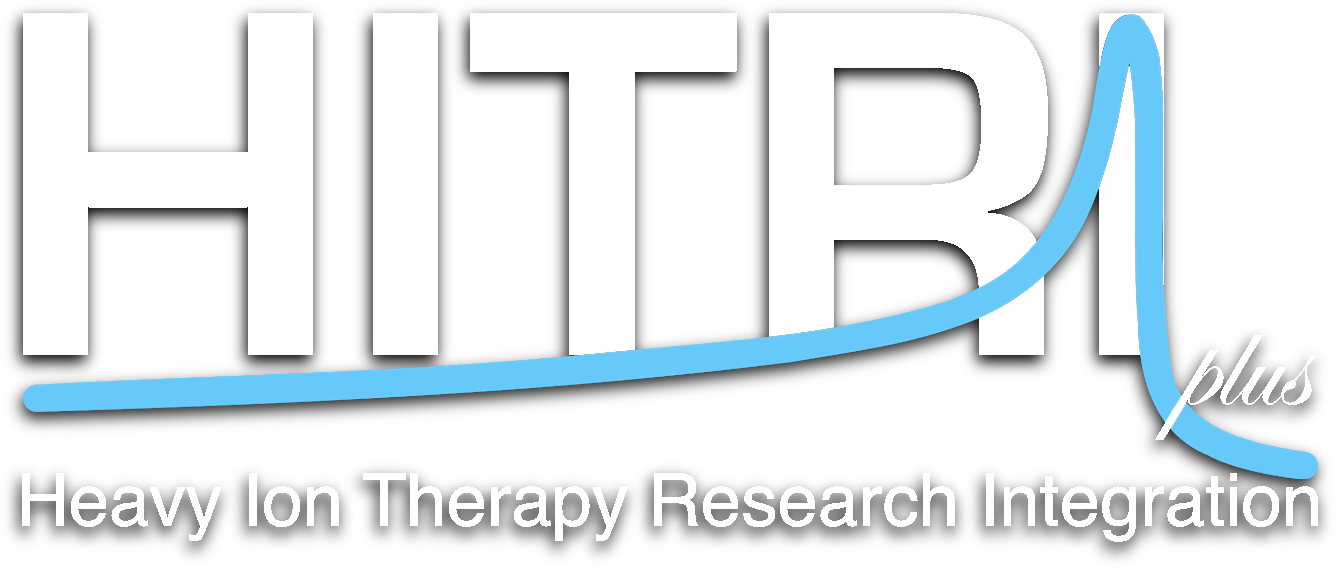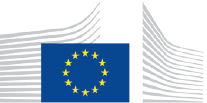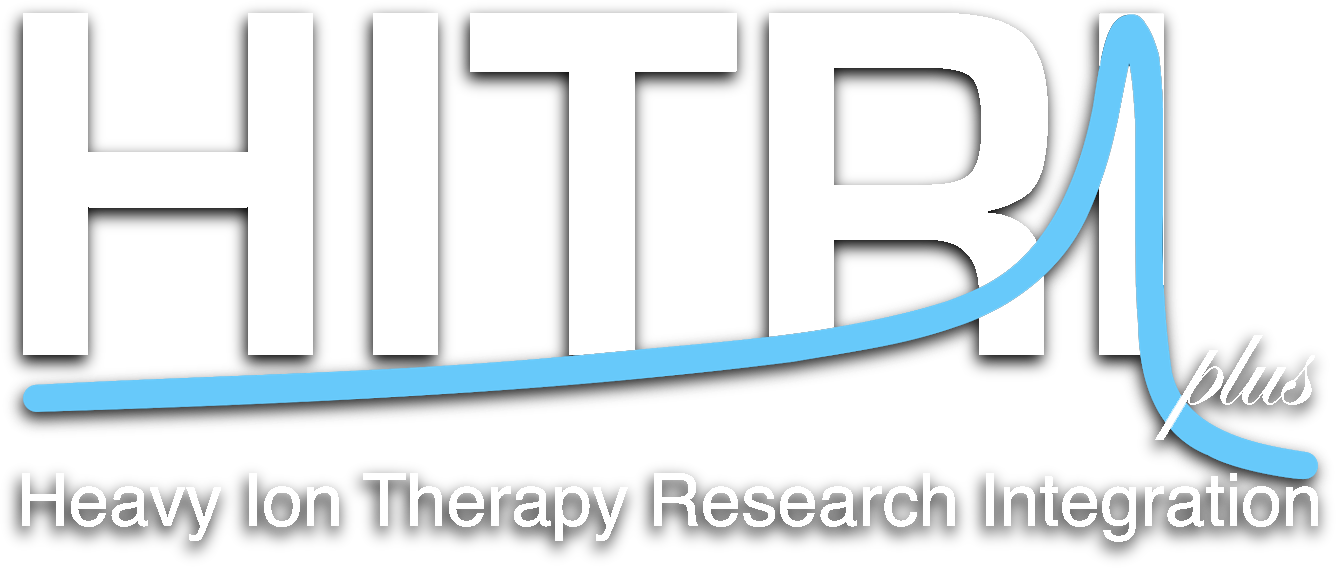Consortium as a whole
The consortium consists of 2 major European heavy ion physics laboratories, 4 European ion therapy centres, 8 world-class research institutions, 5 leading universities, 3 innovative SME’s (two of which from SEE region). The management of the project is ensured by CNAO, supported by CERN, GSI, and SEEIIST.
The HIT, CNAO, MEDA, UKGM facilities, together with GSI, which has extensive expertise in biophysics, medical physics, radio-biology and heavy ion accelerator systems are central players for the clinical and research activities and the related networking and to favour the trans-national access of patients, medical professionals and international research community. These facilities provide also the technological, medical, research and economic benchmarks against which SEEIIST will base the new RI in the SEE countries.
CERN’s expertise lies in designing, constructing and operating accelerators and their subsystems, including superconducting magnets, synchrotrons, ion sources, beam dynamics, control systems and diagnostics. In these activities CERN will partner with the accelerator design team of SEEIIST and CNAO, and specifically for the linac design with the crucial expertise of BEVA, a spin-off company of Frankfurt University. RTU will contribute to the gantry design with its expertise in mechanical engineering. The activity on superconducting magnets will access the competences of the main European players in the field: INFN, CERN, PSI, CIEMAT, CEA, UU and Wigner RCP. CSL is a world-wide renowned company for control system, with a specific expertise in the control of medical accelerators. It will design and develop modular accelerator and therapy control systems. GSI and CNAO have a decade-long expertise in heavy ion beam delivery systems that they will bring into the project. Similarly, HIT, GSI and CNAO have a long experience in extraction system that will be made available to the project. UMR, HIT, CNAO, MEDA and GSI have all a long experience in QA and treatment planning.
The SEEIIST institution, which is one of the initiators of this Starting Community, has been set up only recently and does not have specific experience in the field. However, its first priority since inception has been to set up an accelerator design team made of experienced accelerator designers, to be hosted at CERN. In addition, SEEIIST has started a communication team that deals with the communication issues of the project. CERN is also contributing with its Knowledge Transfer team and experience, and with support to the management of the project via the Deputy Coordinator. The University of Malta – UM is a long-standing partner in accelerator projects which is engaging now in an activity related to its key competences, education and training in an advanced technical field.
Crucial for the achievements of the project will be also the scientific efforts of the Collaborating Institutes Sentronis a.d. (SEN), Jožef Stefan Institute (IJS), CClinical Centre of Montenegro (CMSM), USs – Cyril and Methodius University in Skopje, Republic of North Macedonia (UKIM).



























